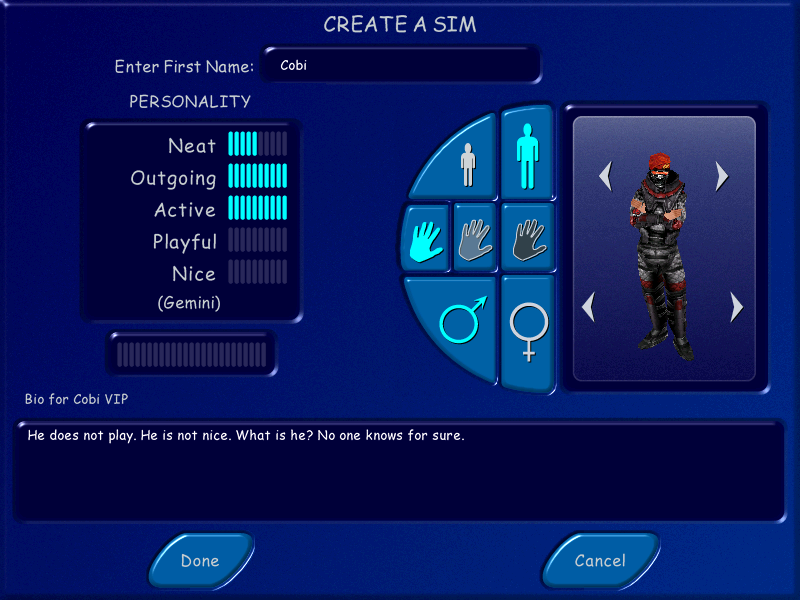It was 30 years ago when Will Wright and Jeff Braun founded Maxis Software—a company whose purpose was to publish SimCity on PC. As an open ended city building game with no specific goals, SimCity was a rarity for its time. Unlike today’s game market full of never-ending survival and simulation games, the scene was dominated by goal oriented linear games. After release it was clear that Maxis Software had found their niche, and SimCity’s originality led to massive success.
Over the next 13 years they would develop nearly 2 dozen, mostly ‘Sim’, games. It was the year 2000 however, that saw the release of the Sim game – a cultural phenomenon which would go on to become the best selling PC game of all time.
Things were not looking favourably for The Sims in the beginning; when pitched to publishers, many did not understand the appeal of a life simulation game. Even 6 years before The Sims’ release, Will Wright, creator of the series, acknowledged the marketability issues it may face.

“I have in mind a game I want to call ‘Doll House.’ It gives grown-ups some tools to design what is basically a doll house. But a doll house for adults may not be very marketable.”
In the early years of development, The Sims was so poorly received by focus groups that the game was almost cancelled. When speaking with IGN in 1999, Wright revealed that the biggest challenge when developing the game was selling the idea. With early builds, it was difficult for players to properly visualise the end goal of the project, and was not until closer to release that people started appreciating the idea. In this same interview, Mr. Wright discloses that the idea for an architecture game came to him in 1992.
After working on and off with this side project for many years, Wright believed that the game was in need of artificial intelligence to judge player’s creations. As the game came into fruition, he realised that perhaps the focus should be on the interesting personalities of the virtual people, rather than the architecture aspect. He hoped that the game would attract many non-gamers in the same way SimCity did. This goal was undoubtedly achieved, with The Sims having one of the most diverse user bases of any video game. A focus group revealed that almost 60% of The Sims players were female.

When the game finally released, it was met with critical acclaim and massive commercial success. By 2002, The Sims had surpassed Myst to become the best selling PC game of all time with 11.3 million copies sold. The impressive numbers did not end there however, with the ‘Vacation’ expansion going on to become the best selling PC game of 2002. In a time when video games were not at the forefront of entertainment, it was interesting to see articles from huge news sources such as the BBC: ‘Lethal guinea pig kills virtual people’.
Whilst acknowledging the positive reception and popularity of the game, it is also important to remember that like all incredibly successful games, it did not manage to charm everyone. While doing research for this article I came across message board threads from the early 2000’s, such as this one on Geek.com. It offers a rare insight into some of the less positive comments hardcore gamers had in regards to the franchise back in its initial years.
“just goes to show… most people in the world don’t have good taste. sims gahhh.
– little0831
In 2012, The Sims was chosen as one of the 14 games to be exhibited at the Museum of Modern Arts, alongside SimCity. Today, it is an important part of gaming history which signifies the turn of the century and the rise of a new type of game.











